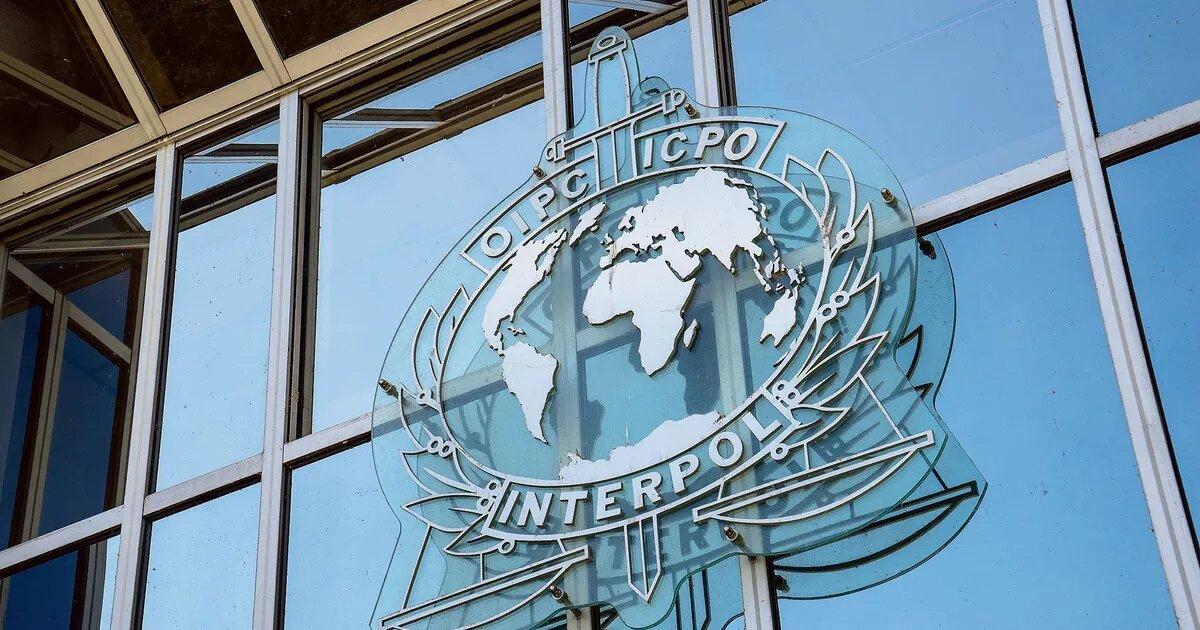The FBI, or Federal Bureau of Investigation, is a U.S. domestic law enforcement agency. Interpol, an international organization based in Lyon, France, facilitates information exchange between national police agencies worldwide.
The main difference is that the FBI operates within the U.S., whereas Interpol functions internationally.
The FBI and INTERPOL are both police agencies that help to solve crimes. However, they are very different in their structure, how they work, and what kind of cases they pursue.
INTERPOL is an international organization whose purpose is to facilitate the exchange of law enforcement information between countries around the world. It has no powers of arrest or prosecution, so it works in conjunction with other law enforcement agencies (like the FBI) and agents (like the INTERPOL lawyers London) to identify criminals and bring them to justice.
The FBI investigates federal crimes in the U.S., including terrorism, drug trafficking, espionage, and cybercrime. It collaborates with local police to apprehend criminals within their jurisdiction. Interpol, distinct from the FBI, primarily enables international police cooperation. It gathers and shares information on wanted criminals and missing persons, facilitates communication between member countries, and provides training for law enforcement officials.
The organization also provides technical assistance and support in the development of police forces, including forensics services and training. In addition, INTERPOL can issue red notices—international arrest warrants—on behalf of member countries that request them, as well as process the removal of INTERPOL red notices.
Under What Circumstances Can the INTERPOL Work Together with the FBI?
INTERPOL and the FBI can work together in the following circumstances:
- When one of these organizations gets a request to help another country with an investigation, they can do so by sharing information. This can include anything from documents to witness statements, as well as any information related to the crime itself.
- Both organizations can share information about a specific case if one of them has already been working on it for some time and wishes for assistance from the other agency. This could include anything from witness statements to DNA samples or fingerprints, depending on what is needed at that time.
- INTERPOL has access to its database where all member countries can submit their information regarding criminal cases like these, which makes it easier for them to find out whether there are any similar ones in other countries that may be related somehow.”
- If there is a person who has committed a crime in another country and then fled to the U.S., where they may be hiding out.
- If there is an American citizen who has committed a crime in another country, and that country wants to extradite them to their own country for trial or punishment.
What Is the Difference between FBI and Interpol
FBI (Federal Bureau of Investigation) – American law enforcement agency
- Investigates federal crimes within the USA.
- Performs counter-espionage and counter-terrorism investigations within the USA.
- Provides training and forensic services for some local law enforcement agencies, ie, those not big enough for their own labs/training academies.
- Combating public corruption; national/transnational crime organizations/enterprises; white-collar crime; violent crime.
The FBI, an American entity, operates under U.S. government and Congressional oversight. In contrast, INTERPOL is an independent international organization funded by its member countries. The key differences lie in their authority, jurisdiction, and objectives.
Interpol – International organization coordinating police activities and provide information on criminals and criminal activity.
INTERPOL primarily serves as a coordination and communication platform for law enforcement agencies of its member countries. In the USA, INTERPOL’s operations involving American citizens within the country are subject to certain limitations.
Useful articles you should read:







































